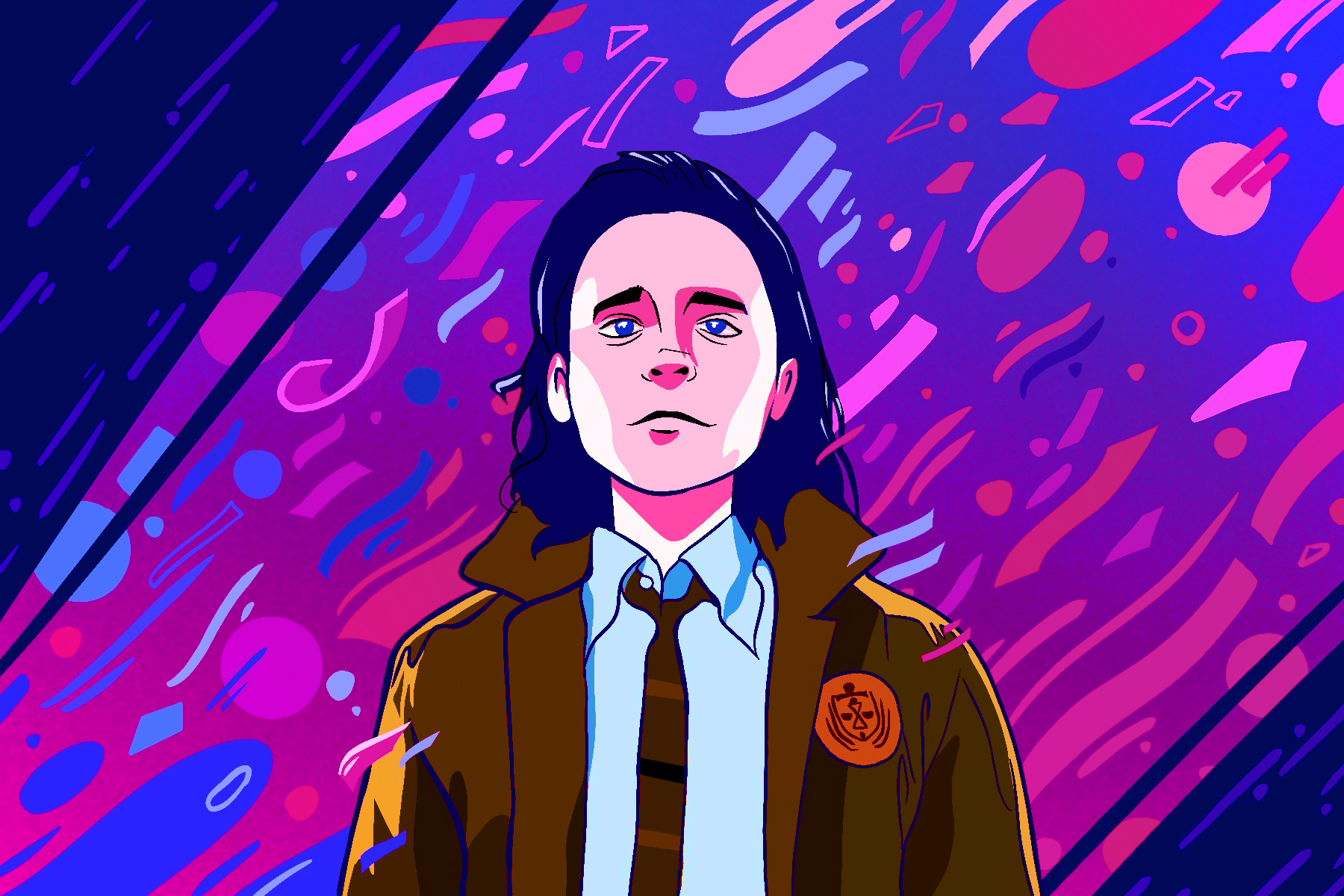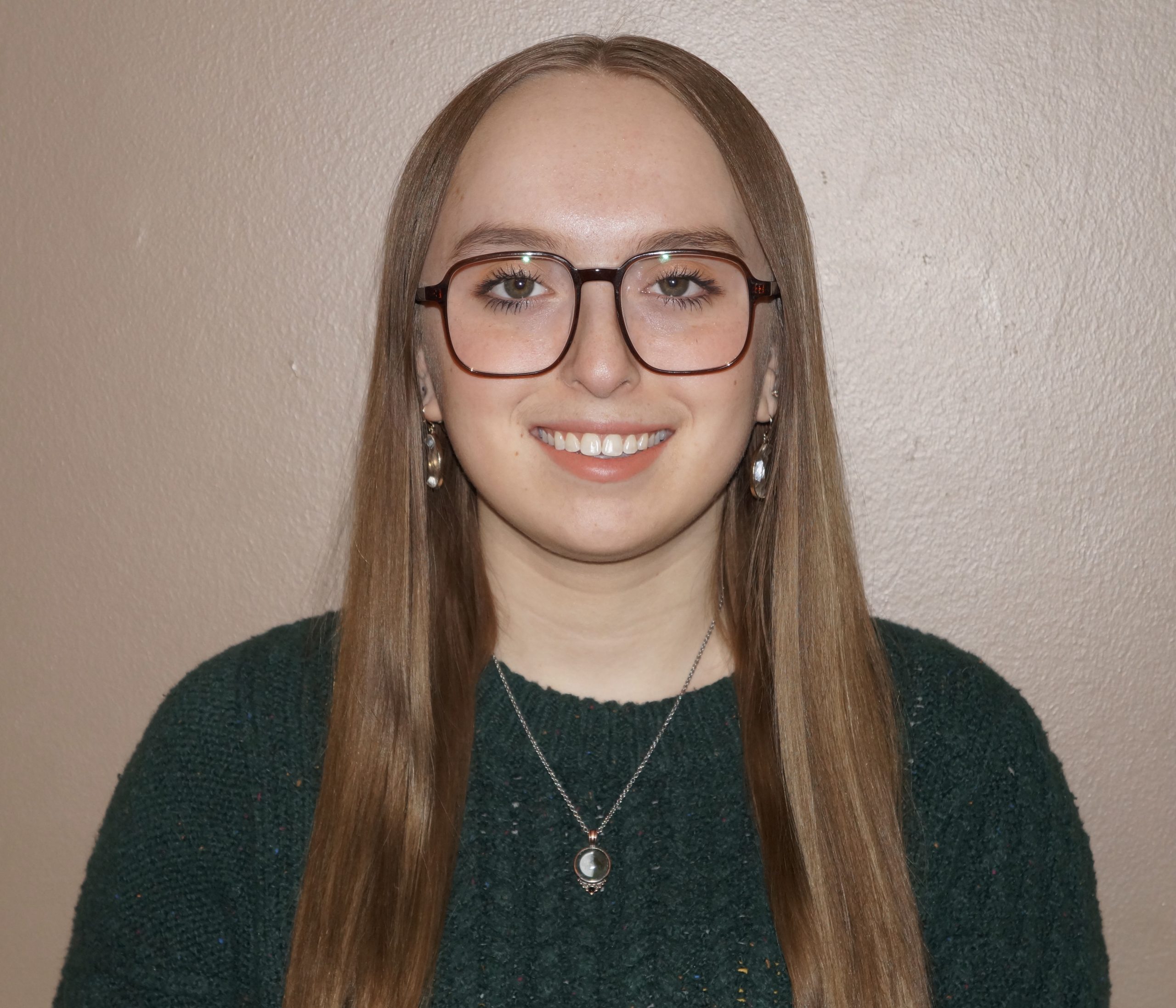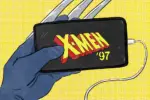“A bit of both.” With four simple words, the Marvel Cinematic Universe (MCU) just got a little more diverse. In Episode 3, “Lamentis,” of Marvel’s wildly popular series “Loki,” which also happens to currently be the most popular television show in the world, the titular character comes out as bisexual. It’s a small, one-off line, but the implication couldn’t be any more clear. The canonization of Loki’s identity marks a turning point both for the character and the franchise.
Character Origins
For fans, this revelation, as well as a recent confirmation regarding his gender, is not a shock. In Norse mythology, Loki could change his shape and sex at will, and he had children as both a mother and a father at different times with different partners. He embraced femininity and feminine identity; in one story, he consumed the heart of a witch. Within the lore, this was a way for someone to learn the wisdom of another and altogether embody them.
Loki’s comic book counterpart also dealt with identity. In Al Ewing’s “Loki: Agent of Asgard,” the character is portrayed as bisexual and genderfluid. In “Young Avengers” by Kieron Gillen and Jamie McKelvie, Loki says, “My culture doesn’t really share your concept of sexual identity. There are sex acts, that’s it. I’m actually the patron god of certain popular ones, believe it or not.”
Loki in Canon
“Lamentis” finally made Loki’s sexual identity canon in the MCU. In a conversation with an alternate timeline female version of himself about potential love interests, Loki is asked, “What about you? You’re a prince. Must have been would-be princesses. Or perhaps another prince?” He then replies, “A bit of both. I suspect the same as you.”
Furthermore, in the first episode, titled “Glorious Purpose,” Loki’s case file lists his sex as “fluid.” Tom Hiddleston, who portrays Loki, explained the decision to Inverse: “It’s always been there in the comics for some time and in the history of the character for hundreds, if not thousands of years.”
However, an explicit acknowledgment in canon does not make the character. In fact, MCU Loki fans have interpreted him as queer since his inception in “Thor.” His arc certainly mirrors queer narratives: His adoptive status from Jotunheim puts him at odds with a father who can’t accept his true identity. Loki keeps people at arm’s length because he’s used to being rejected for who he is. With no mention of sexuality, Loki had already become a heavily identifiable character for queer audiences because of his alienation and the familiar ways he navigates the world.
Marvel and Diversity
Needless to say, fans are ecstatic about Loki’s coming out. As always, there are some angry “comic book fans” who have obviously never comprehensively read the comics that are arguing that Loki being bisexual is forced or even insulting, but their reactions can be ignored. “Loki” director Kate Herron tweeted about the episode, “From the moment I joined @LokiOfficial it was very important to me, and my goal, to acknowledge Loki was bisexual. It is a part of who he is and who I am too. I know this is a small step but I’m happy, and heart is so full, to say that this is now Canon in #mcu #Loki.”
For fans paying close attention, the entire episode paid homage to the LGBTQ+ community. Not only did it premiere during Pride Month, but the opening sequence was soundtracked by “Demons” by Hayley Kiyoko, an influential queer singer that has been dubbed by fans as “Lesbian Jesus.” Also, the scene in which Loki came out was vibrantly colored with pinks, blues and purples, seeming to nod at “bisexual lighting.”
Granted, it’s necessary to acknowledge the MCU’s difficult past when it comes to representation and diversity. The respect paid to female characters has always been a matter of debate. For example, their first female superhero, Natasha Romanoff, was largely reduced to a sex object in films like “Iron Man 2,” and her own solo movie, “Black Widow,” won’t be released until July 8, more than 10 years after her first on-screen appearance.
The first female solo superhero film in the MCU, “Captain Marvel,” was released in 2019. Almost fittingly, the character was criticized for being overpowered, arrogant and emotionless. This, of course, came over a decade after the infamously arrogant yet beloved Tony Stark spearheaded the franchise in 2008.
In another instance, the MCU whitewashed a canonically Tibetan character called The Ancient One by casting Tilda Swinton in the role instead. Though the team thought they were being innovative by defying stereotypes and casting a woman, many considered the entire move to be tone-deaf. The franchise also whitewashed Wanda Maximoff by casting Elizabeth Olsen as the Romani hero and having her volunteer for a neo-Nazi organization. Her Jewish background is entirely ignored, especially when crucifixes are visible in her Avengers Compound bedroom.
After 22 movies, “Avengers: Endgame” created hype by promising the MCU’s first openly gay character. Instead of expanding the identity of a central protagonist, they delivered on this promise with a director cameo by Joe Russo who, in a group therapy session with Captain America, offhandedly mentions going on a date with a guy. After all the hype, many fans found the reveal insulting.
What Lies Ahead
The future of the MCU actually looks tentatively hopeful. “The Falcon and the Winter Soldier” saw Sam Wilson, a Black man, take up the helm of Captain America, all the while discussing issues of race and identity in contemporary America. “The Eternals” promises Marvel’s first on-screen LGBTQ+ kiss, and “Thor: Love and Thunder” will include Natalie Portman’s Jane Foster as Lady Thor.
Loki’s bisexuality is groundbreaking, but it is certainly not a stopping point. The MCU needs more queer actors/actresses, gender nonconforming characters, female protagonists and people of color in starring roles to claim any sort of progressiveness. It’s a shame, because Marvel comics have long been pushing boundaries in the realms of race and gender. It seems about time that the companion films catch up.
With that being said, it is perfectly valid for audiences to celebrate new developments while also acknowledging that the majority of MCU films don’t pass the Bechdel Test. Representation matters, and the significance of fans being able to look at the screen and see themselves reflected should not be ignored. Furthermore, it’s exciting that such reflection is coming in the form of a charismatic, unapologetic, fan-favorite character like Loki. Perhaps that is his glorious purpose after all.

















